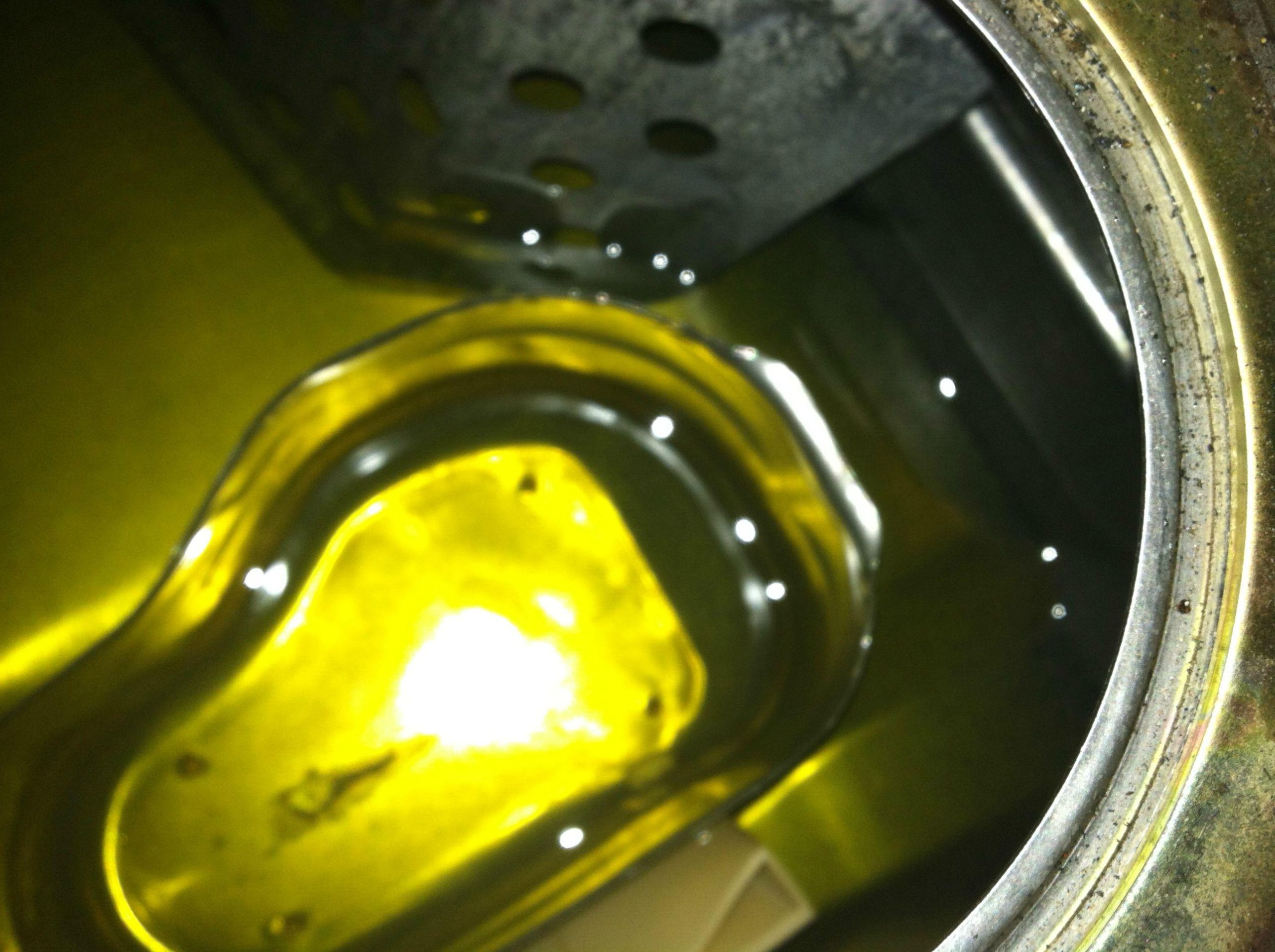Engines are the heart of vehicles, machinery, and generators, and keeping them running smoothly is essential for performance and longevity. One of the most common threats to engine health is contamination in fuel tank. Fuel tanks are supposed to store clean fuel, but over time, dirt, rust, water, and other impurities can accumulate, leading to serious engine problems. At Wrong Fuel Inspector, we specialize in identifying, preventing, and removing Contamination in fuel tank to protect your engine and ensure peak performance.
Understanding Contamination in Fuel Tank
Contamination in fuel tank occurs when foreign substances enter the fuel system. Common contaminants include dirt, dust, water, microbial growth, and rust particles. These contaminants can originate from poor-quality fuel, improper storage, or environmental exposure. Even small amounts of contamination can disrupt fuel combustion, reduce efficiency, and cause costly engine repairs. Recognizing the signs of contamination early is crucial to prevent long-term damage.
Common Signs of Contamination in Fuel Tank
Identifying contamination in fuel tank can save you from major engine problems. Here are some common indicators:
- Engine misfires or stalling: Contaminated fuel affects combustion, causing irregular engine performance.
- Reduced fuel efficiency: Impurities disrupt fuel flow, forcing the engine to work harder.
- Clogged fuel filters: Particles from contamination in fuel tank often accumulate in filters, leading to blockages.
- Corrosion in fuel system components: Water and rust in fuel tanks can corrode fuel lines, injectors, and pumps.
If you notice any of these signs, consulting experts is essential to identify and remove contamination in fuel tank.
Causes of Contamination in Fuel Tank
Understanding the causes of contamination in fuel tank helps prevent future issues. The main causes include:
- Poor fuel quality: Low-grade fuel often contains sediments or water.
- Water accumulation: Condensation inside fuel tanks can lead to microbial growth and rust.
- Environmental factors: Dust, dirt, and debris can enter the tank through openings.
- Aging fuel storage systems: Older tanks are prone to rust and corrosion, leading to contamination.
Regular inspection and maintenance are critical to prevent these issues from escalating.
The Risks of Ignoring Contamination in Fuel Tank
Ignoring contamination in fuel tank can have serious consequences for your engine:
- Engine damage: Contaminants can wear down internal components, reducing lifespan.
- Poor engine performance: Impurities affect combustion efficiency, causing sluggish operation.
- Costly repairs: Fuel system damage can lead to expensive repairs or replacements.
- Unexpected breakdowns: Contaminated fuel increases the risk of sudden engine failure.
Taking prompt action against contamination in fuel tank is always more cost-effective than dealing with severe engine damage.
How Experts Handle Contamination in Fuel Tank
At Wrong Fuel Inspector, our team of professionals specializes in detecting and eliminating contamination in fuel tank. Our process includes:
- Fuel tank inspection: Using advanced tools to identify water, rust, and dirt.
- Fuel filtration and cleaning: Removing contaminants without damaging the fuel system.
- Fuel system maintenance: Checking fuel lines, injectors, and pumps for potential issues.
- Preventive solutions: Recommending fuel additives or cleaning routines to reduce future contamination.
Our expert approach ensures your engine remains protected from contamination in fuel tank, maintaining performance and longevity.
Preventive Measures Against Contamination in Fuel Tank
Prevention is always better than repair. Here are some effective measures to avoid contamination in fuel tank:
- Use high-quality fuel: Choose trusted fuel suppliers to reduce impurities.
- Regular tank cleaning: Schedule professional cleaning to remove sediment and rust.
- Keep tanks sealed: Prevent environmental contaminants from entering.
- Use fuel stabilizers: Protect fuel from oxidation and microbial growth.
- Monitor storage conditions: Avoid exposing fuel tanks to excessive moisture or temperature changes.
Following these preventive strategies minimizes the risk of contamination in fuel tank and keeps your engine running efficiently.
Conclusion
Protecting your engine from contamination in fuel tank is essential for reliable performance, longevity, and efficiency. Ignoring the problem can lead to clogged fuel filters, engine misfires, reduced fuel efficiency, and expensive repairs. By recognizing the signs of contamination, understanding its causes, and working with experts like Wrong Fuel Inspector, you can maintain a clean fuel system and avoid unexpected breakdowns. Regular inspections, professional cleaning, and preventive measures are the keys to keeping your engine safe from contamination in fuel tank, ensuring your vehicles and machinery run smoothly for years to come.



